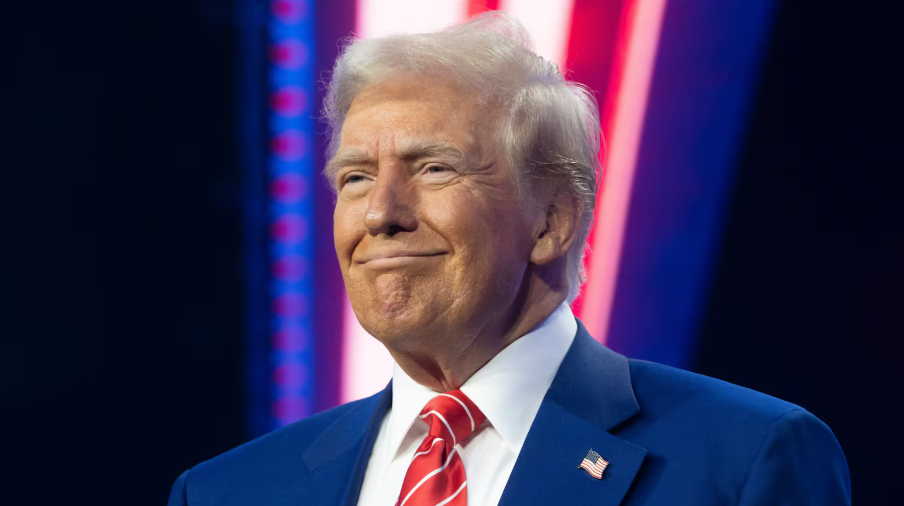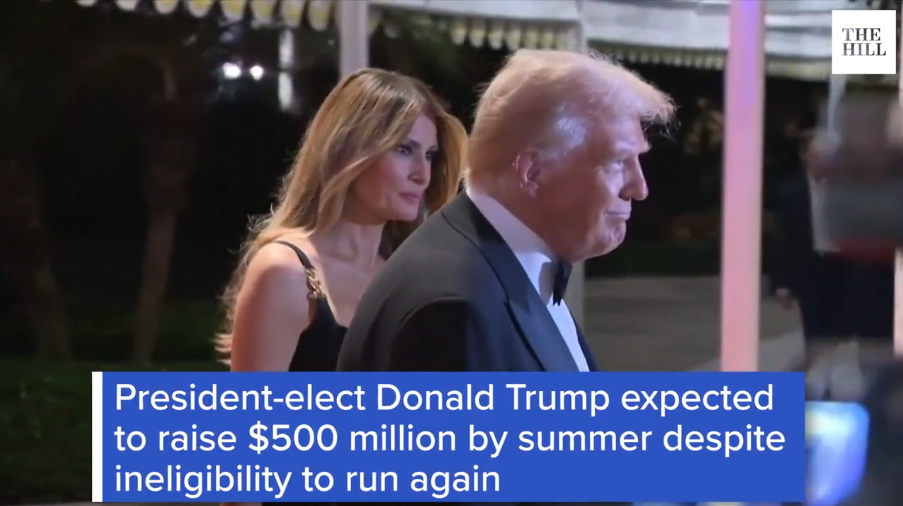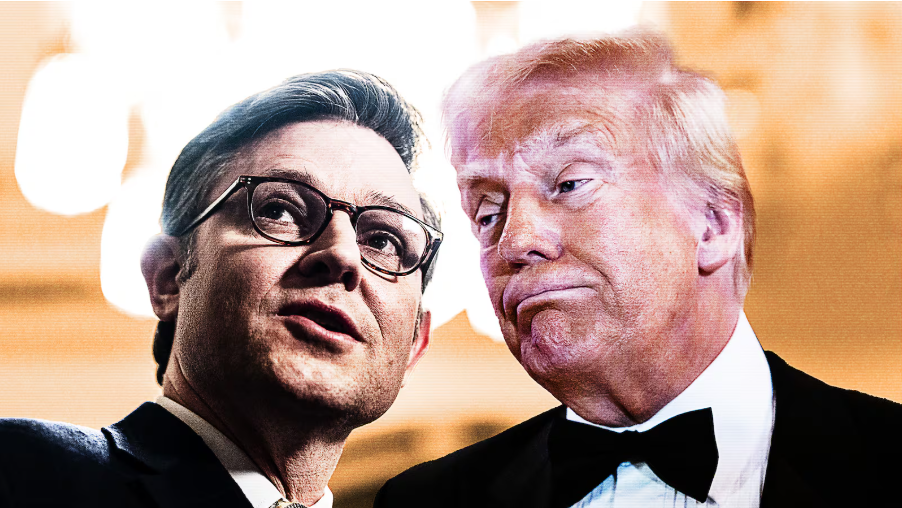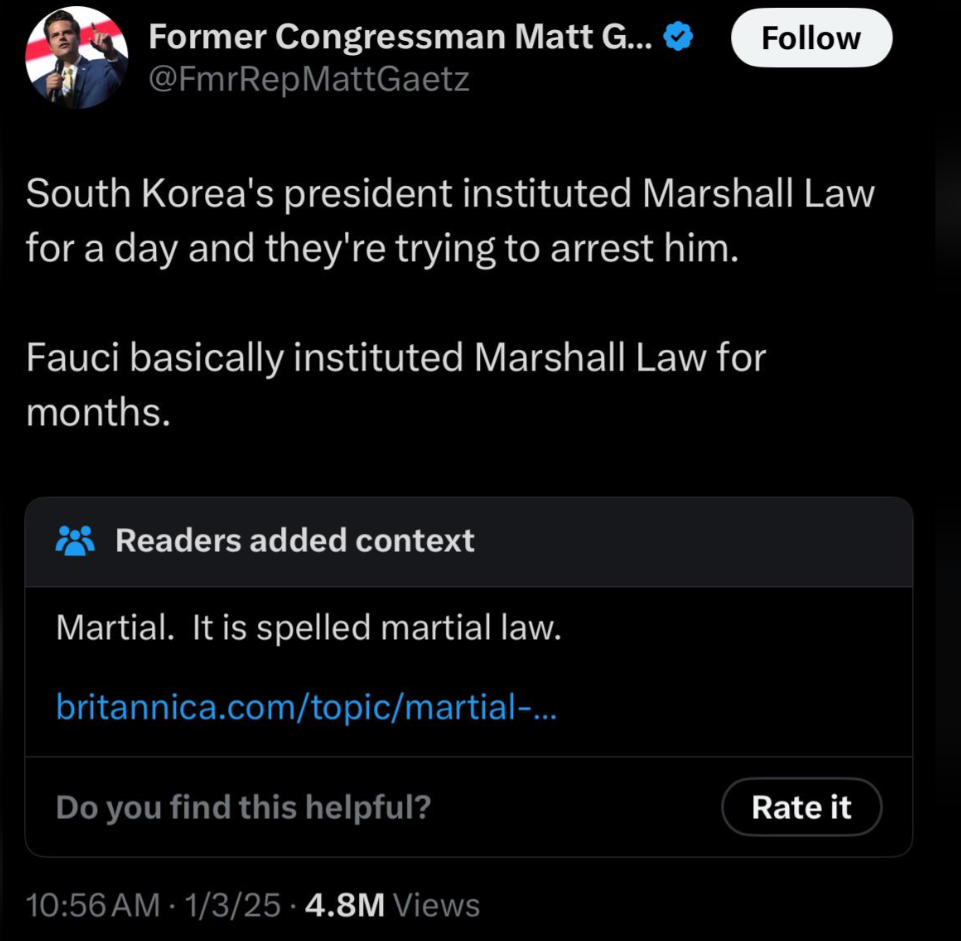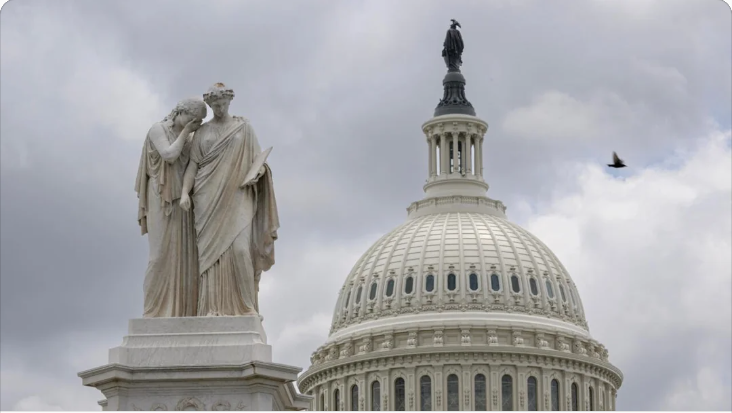Elon Musk Has “Taken Over” MAGA, Democratic Strategist Suggests
The intersection of politics, technology, and cultural influence continues to evolve in the United States, with unconventional figures often reshaping established movements. Recently, a Democratic strategist remarked that Elon Musk, the billionaire entrepreneur and owner of platforms like Tesla, SpaceX, and X (formerly Twitter), has effectively “taken over” the MAGA (Make America Great Again) movement. While this statement may seem provocative, it reflects a growing perception of Musk’s rising influence over certain right-leaning and populist factions of American politics.
Musk’s Evolution as a Political Figure
Elon Musk’s political alignment has shifted in public view over the years. Once primarily known for his innovations in clean energy and space exploration, Musk’s more recent moves—both on social media and in the business realm—have positioned him as a polarizing figure in American political discourse.
Musk has publicly expressed discontent with progressive policies, particularly those related to regulation, taxation, and free speech. His acquisition of X in 2022 marked a turning point, as he began championing unfettered expression and openly challenging what he described as the dominance of liberal ideologies on digital platforms. Musk’s increasing engagement with culture wars, critiques of “wokeism,” and direct interactions with conservative figures have further cemented his appeal to MAGA-aligned audiences.
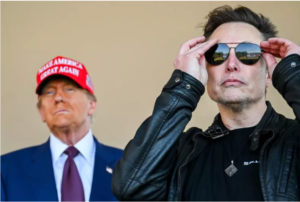
The MAGA Connection
The MAGA movement, initiated by former President Donald Trump, has thrived on a combination of anti-establishment rhetoric, nationalist themes, and a deep skepticism of mainstream media and institutions. Musk’s rise in this sphere aligns with his willingness to challenge conventional norms and promote a brand of individualism and rebellion against perceived elites.
Through X, Musk has amplified voices often associated with the MAGA movement, reinstating banned accounts and engaging directly with conservative influencers. His commitment to free speech absolutism resonates with many MAGA supporters, who view themselves as victims of censorship. Additionally, Musk’s critiques of legacy media and traditional institutions parallel MAGA’s disdain for the so-called “deep state” and mainstream political establishment.
A Shift in Leadership or Influence?
The Democratic strategist’s claim that Musk has “taken over” MAGA might be hyperbolic, but it underscores a significant point: the movement no longer centers solely on Donald Trump. Musk’s blend of technological innovation, cultural commentary, and political provocations has positioned him as a new kind of figurehead—one who appeals to populists and tech-savvy conservatives alike.
However, some analysts argue that Musk’s role within the MAGA movement is more complementary than competitive. While Trump’s charisma and political base remain unmatched, Musk brings a level of cultural capital and futurism that appeals to younger and more libertarian-leaning conservatives, potentially broadening the movement’s appeal.
The Broader Implications
Musk’s influence highlights the evolving nature of political movements in the digital age. As technology magnifies individual voices, figures like Musk—who blend celebrity, wealth, and ideological positions—can shape political narratives in ways traditional politicians cannot.
For Democrats, Musk’s rising prominence among MAGA supporters serves as a reminder of the importance of engaging with new platforms and cultural shifts. His presence in political discourse blurs the lines between technology and governance, forcing both parties to reckon with the growing power of tech billionaires in shaping public opinion.
A Movement in Flux
Whether or not Musk has truly “taken over” MAGA, his growing influence within its ranks marks a significant development. As movements like MAGA adapt and evolve, they will likely continue to reflect the complex interplay of politics, technology, and cultural shifts—domains where Musk’s influence shows no signs of waning.
Would you like to focus more on Musk’s actions, the strategist’s perspective, or the implications for the political landscape?


